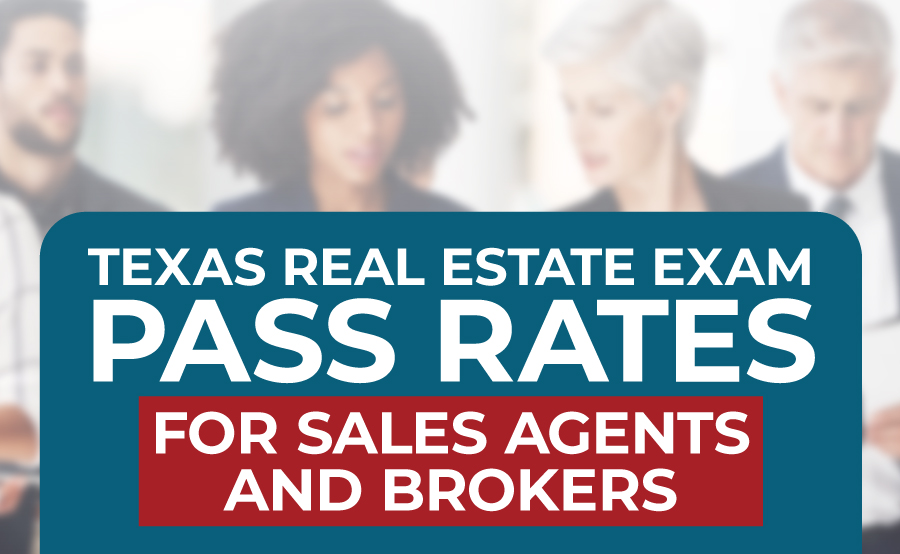
Brokerage desk fees
Desk fees are fees brokers charge to allow you to use office space and a desk. These fees can vary in price and range from $500 per person to thousands of bucks per month. These fees can be costly and you might not get any commission until the transaction is closed. Also, consider advertising and signage costs.
There are many factors that can affect the cost of a realty license and brokerage fees. They include your existing business structure, the number and location of your clients, and the number and type of employees you have. These fees and costs might not apply until you're licensed. It is important that you take this into consideration when you decide if the business will be a good fit for both you and your budget.
Fees for continuing education
There are many reasons why you should invest money in continuing education. First, it helps to keep up with changing laws and regulations. The more you understand, the more prepared you will be to take real estate exams. You have the option of taking an online course, or attending a class in person. Live classes are more expensive and can be as low as $69 to $900. Online courses usually cost between $69 to $900.

Real estate agents are required to complete additional courses in order stay current and protect public interest. These courses are required by law in each state and by real estate commissions. Many brokerages will pay the fees of agents.
Exam costs
The cost of obtaining a real estate license varies from state to state and can run from $400 to more than $1000, depending on the requirements. In most cases, the process begins with a pre-license course and exam prep course, which will cost you approximately $80 to $150. The state may require you to pay $100-$300 for an application fee.
The coursework must total at least 75 hours before you can sit for the real estate exam. The coursework can be done online or in an actual classroom. In both cases, you will need to have a live instructor. The course must also cover real estate topics. In addition, you must take a school test with 110 multiple-choice questions.
What are the requirements to become a real-estate broker?
New York's real estate brokers require applicants to complete 45 hours worth of pre-licensing courses. These courses must include business law, agency law and real estate investing. These courses must include courses on taxes or assessments. A qualifying exam can also be taken by the Department of State.

It is not easy to become a broker in real estate. The requirements vary depending on where you live. You must be at the minimum 18 years of age. Second, you will need to complete a broker education course. This course usually lasts several weeks. It may include topics like real estate, finance, agency, and property law. After you complete the course, you must pass a state examination and submit a criminal background check.
FAQ
What should I do before I purchase a house in my area?
It depends on how long you plan to live there. Save now if the goal is to stay for at most five years. If you plan to move in two years, you don't need to worry as much.
How can I calculate my interest rate
Market conditions impact the rates of interest. The average interest rate for the past week was 4.39%. To calculate your interest rate, multiply the number of years you will be financing by the interest rate. For example: If you finance $200,000 over 20 year at 5% per annum, your interest rates are 0.05 x 20% 1% which equals ten base points.
What are the disadvantages of a fixed-rate mortgage?
Fixed-rate mortgages tend to have higher initial costs than adjustable rate mortgages. Also, if you decide to sell your home before the end of the term, you may face a steep loss due to the difference between the sale price and the outstanding balance.
Statistics
- This seems to be a more popular trend as the U.S. Census Bureau reports the homeownership rate was around 65% last year. (fortunebuilders.com)
- This means that all of your housing-related expenses each month do not exceed 43% of your monthly income. (fortunebuilders.com)
- It's possible to get approved for an FHA loan with a credit score as low as 580 and a down payment of 3.5% or a credit score as low as 500 and a 10% down payment.5 Specialty mortgage loans are loans that don't fit into the conventional or FHA loan categories. (investopedia.com)
- When it came to buying a home in 2015, experts predicted that mortgage rates would surpass five percent, yet interest rates remained below four percent. (fortunebuilders.com)
- Over the past year, mortgage rates have hovered between 3.9 and 4.5 percent—a less significant increase. (fortunebuilders.com)
External Links
How To
How to buy a mobile house
Mobile homes are houses constructed on wheels and towed behind a vehicle. Mobile homes have been around since World War II when soldiers who lost their homes in wartime used them. Today, mobile homes are also used by people who want to live out of town. There are many options for these houses. Some houses are small, others can accommodate multiple families. You can even find some that are just for pets!
There are two types of mobile homes. The first type is manufactured at factories where workers assemble them piece by piece. This process takes place before delivery to the customer. You could also make your own mobile home. You'll need to decide what size you want and whether it should include electricity, plumbing, or a kitchen stove. You will need to make sure you have the right materials for building the house. You will need permits to build your home.
Three things are important to remember when purchasing a mobile house. You may prefer a larger floor space as you won't always have access garage. If you are looking to move into your home quickly, you may want to choose a model that has a greater living area. Third, you'll probably want to check the condition of the trailer itself. Damaged frames can cause problems in the future.
Before buying a mobile home, you should know how much you can spend. It is important that you compare the prices between different manufacturers and models. Also, look at the condition of the trailers themselves. Many dealers offer financing options. However, interest rates vary greatly depending upon the lender.
Instead of purchasing a mobile home, you can rent one. Renting allows you the opportunity to test drive a model before making a purchase. However, renting isn't cheap. Most renters pay around $300 per month.